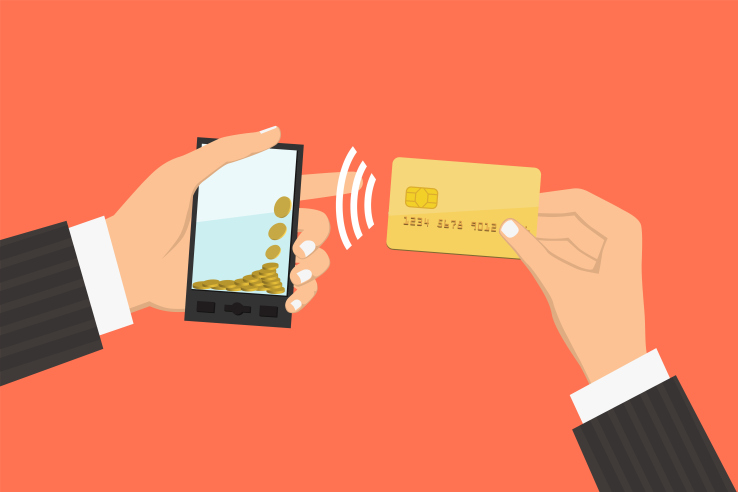
The Unbundling Of Finance
TECHCRUNCH: While remittances open the door for growth, that possibility pales in comparison to the larger opportunity for Facebook — offering a way for people who don’t use banks now to do e-commerce. According to McKinsey, there are 2.5 billion people globally who do not use formal banks or finance institutions. Their economies are almost entirely cash-based and suffer from the chicken-and-egg problem: Since no one is willing to convert cash into digital form, there is no incentive for merchants to accept electronic payments. With nothing to sustain a system of electronic money, the cycle continues.
But, the world is changing. In the next five years, nearly every person on the planet will have access to the Internet. By 2019, Ericsson predicts there will be 5.9 billion smartphone users worldwide. When every family on the planet has access to a smartphone with fast Internet, the paradigm changes. The idea that we still need physical banks, plastic cards, and paper money fades away. It’s already starting to occur. Over the Chinese New Year holiday in February, WeChat users sent over 1 billion “red envelopes” filled with e-money to other users.
It’s easy to imagine a world where workers in developing countries are paid through Facebook via peer-to-peer payments, store their money on Facebook, purchase local goods through transfers, and have the ability to pay for items using Facebook. The effect that Facebook could have on the world as an electronic financial institution is nothing short of profound. Read the full article
TECHCRUNCH: In a world where everything is being unbundled, allowing consumers to pick and choose from things like television shows and college courses, financial services are becoming à la carte, as well. People, particularly millennials, are moving away from single monolithic banking institutions serving the majority of their financial needs to hand picking the specialized services that work for them.
According to a recent survey of 2,450 American and Canadian millennials, 46 percent say they don’t plan to stay with their current financial services company, and 67 percent indicate they are open to using non-financial services brands.
Fintech startups like Simple, Venmo and Robinhood are allowing people to take control of every individualized aspect of their finances. Beyond giving consumers control and options, many of these services are removing the friction of engaging in financial transactions and lowering the barriers to entry. It’s now as simple as a few taps on a mobile device to pay bills, transfer money and manage investments. Read the full article





